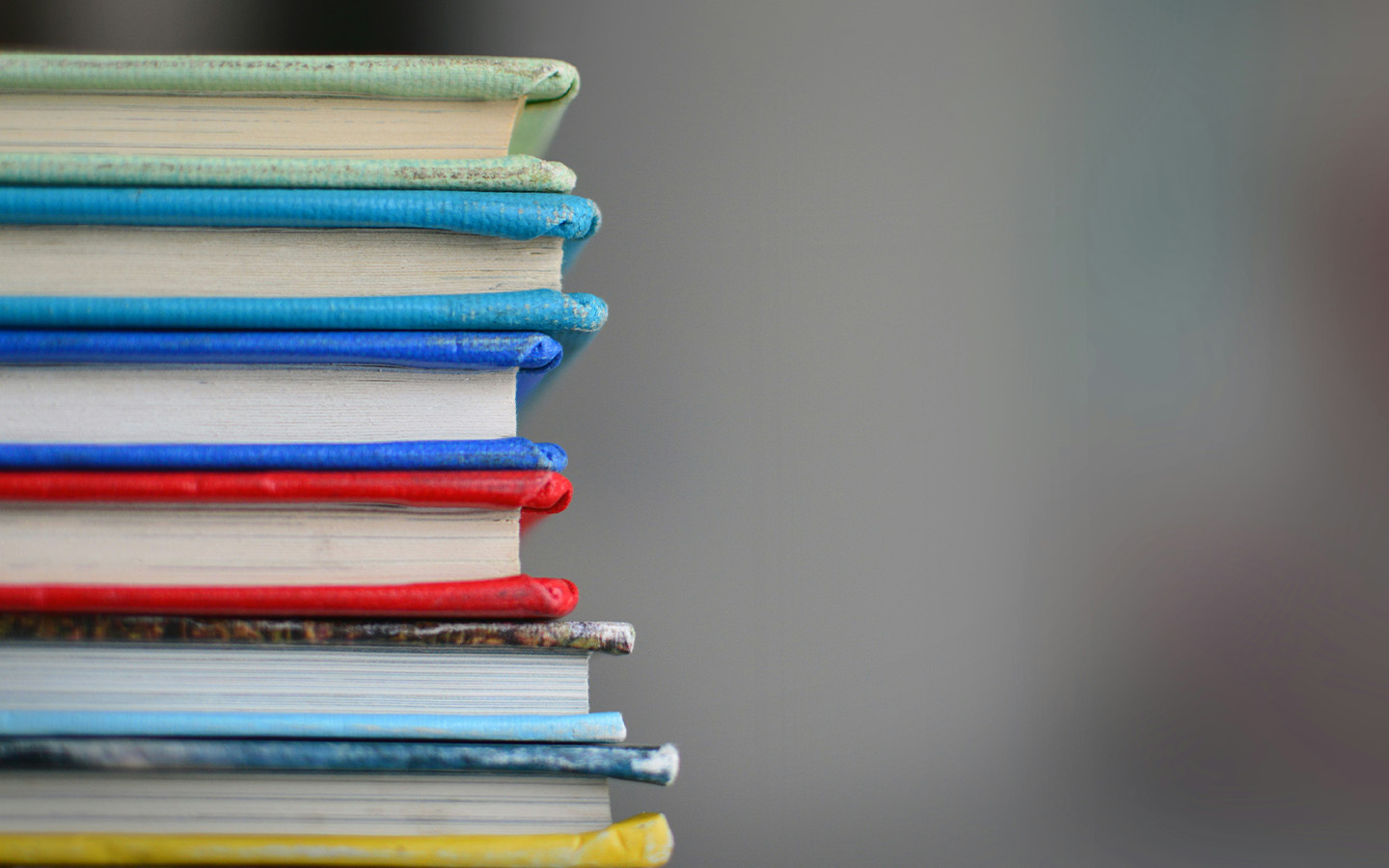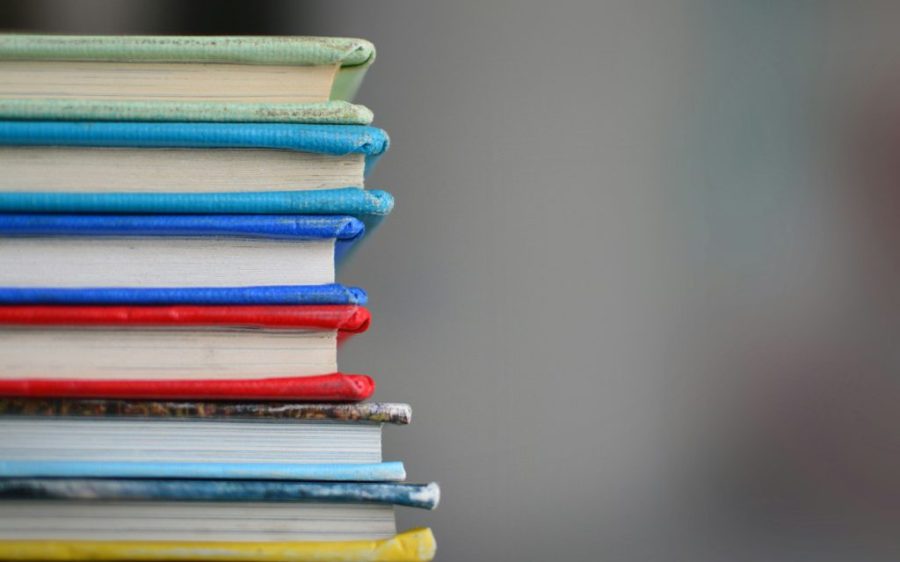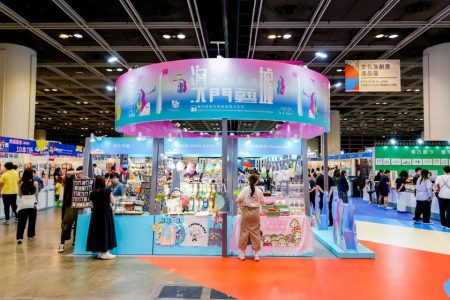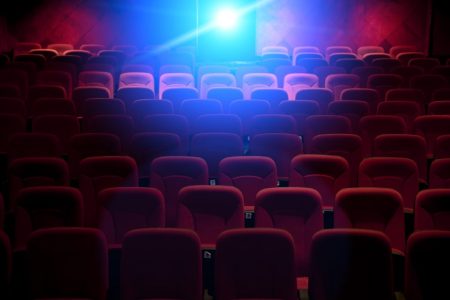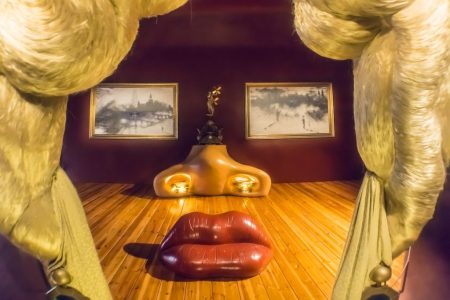For a city that has been marketed as the Las Vegas of the East, Macao has a surprisingly high concentration of libraries. According to official data, the SAR was home to a total of 314 libraries in 2019, including 96 public libraries and reading rooms, 105 school libraries, 76 special libraries and 37 tertiary libraries, making it the territory with the high density of such locations in the surrounding region.
All of this puts Macao in an advantageous position to transform itself into a “City of Reading,” a goal that the government has been aiming towards through initiatives such as the Young Children Reading Programme and the development of electronic library services.
As part of this broader campaign to help residents reap the benefits of reading, the city will be organising various events for World Book Day on 23 April, including designated reading spots across the city.
[See more: With World Book Day approaching, here are your 10 must-read volumes on Macao]
In addition to these city-wide activities, picking up any of the great works of fiction and non-fiction based on Macao is another terrific way to add some local flair to your celebration of the importance of books.
While there is an abundance of English and Portuguese books that tell the story of Macao from a Western perspective, the works of the local Chinese should not be neglected, as they allow one to appreciate the city through a completely different lens and cultural mindset. So, as World Book Day approaches, consider reading one of these 5 Chinese language books about Macao.
A Loving World, Ling Ling
《有情天地》凌稜
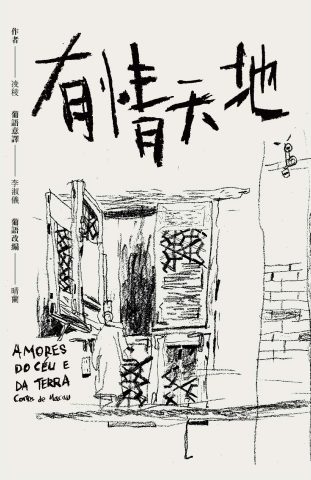
In A Loving World, local author Ling Ling takes a humanistic approach to her writing, intricately telling the life stories of a group of Macanese prostitutes during the 1960s. Most of the characters are based on actual people whom she encountered as a child. Through her simple and tranquil style of writing, Ling manages to make each of these vivid characters jump out from the pages. Not only has she left a collection of wonderful literary stories for future generations of local readers, but she has also left an invaluable historic footnote to a period of hardship in the small city that is Macao. A Loving World is also available in a Chinese-Portuguese bilingual edition.
[See more: Fernando Pessoa’s ‘The Book of Disquiet’ is being translated into Chinese]
Disruptive Action, Lawrence Lei I Ieong
《狼狽行動》李宇樑
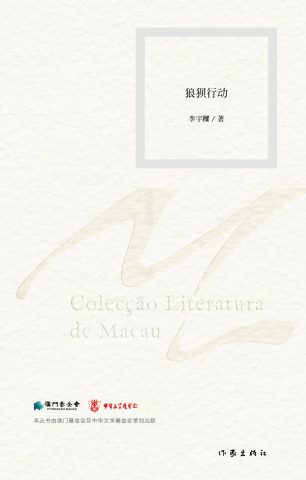
Renowned Macao playwright Lawrence Lei I Ieong has stepped into novel writing in recent years, generating a prolific body of work. His short story collection Disruptive Action is named after a tale that focuses on a group of Macao residents who have no means of purchasing their own property. They kidnap a local real estate mogul in the hopes of carrying out an act of social justice.
In telling such a story, Lei presents the aspirations of a group of downtrodden people who are struggling to survive behind the slick veneer of a casino city. The story has been adapted into a theatre script and performed on stage. There are reports that a movie adaptation is currently in the production phase, which is very exciting news indeed.
The Curse of the Lost City, Joe Tang
《迷城咒》鄧曉炯
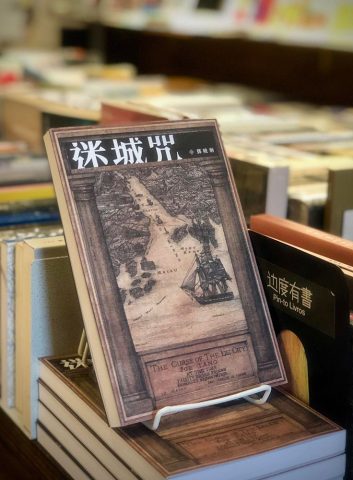
Nowadays, the level of familiarity that people have towards the history of Macao is disproportionate to its length and profound level of impact. For example, do we know about the kind of role that Macao played during the Opium War, an event that has left a significant mark on modern Chinese history?
My historic novel The Curse of the Lost City latches onto the delicate and pivotal period before the outbreak of this war and begins with the true story of Qing Dynasty official Lin Zexu’s trip to Macao. Narrated from a Macao-based perspective, which has not been done before, this work tells an exciting tale that gradually reveals itself to readers as a prelude to an era of chaos in Chinese history.
The Invisible Macau: An Ignored City and Culture, Lei Chin Pang
《隱形澳門:被忽視的城市與文化》李展鵬
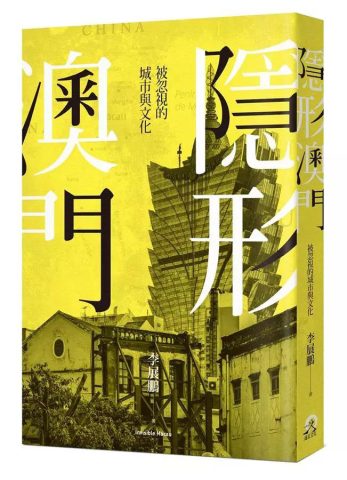
When I used to introduce Macao to my overseas friends, I would frequently have to waste my breath explaining the exact location of the city (often it would come down to me saying “the city next to Hong Kong”). However, even in a regional context, Macao largely maintains an invisible presence, whether under the geographic banner of Greater China or the Greater Bay Area, which has gained popularity in recent years. In The Invisible Macao, Lei Chin Pang, a scholar of the SAR’s local culture, dissects the past and present of this “invisible city” for readers through the prisms of history, industry, culture, theatre, painting and film.
[See more: The Philippine polymath]
Youth, Eric Chau
《青春殘酷物語》寂然
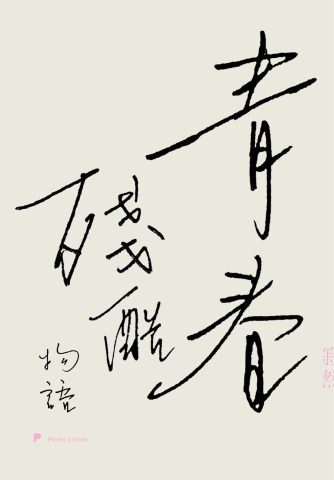
As a small place, Macao hasn’t exactly produced a mountain of social research, pop analysis and cultural commentary in book form, and the relative lack of nonfiction can sometimes make the place hard to fathom. Fortunately, some local writers have taken the job of explanation upon themselves. One of them is Eric Chau. His Youth, a collection of 99 columns penned between 2006 and 2008, offers detailed observations and perceptive analysis. Chau explores the changes in the city and the mood of its people from multiple angles such as cultural education and identity.
Joe Tang is a Macao novelist and playwright.
